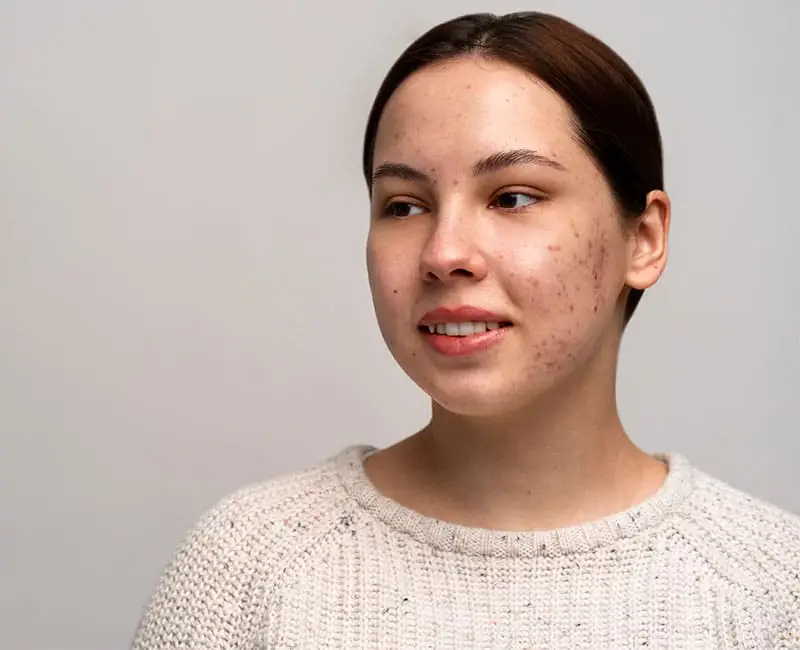Acne is often present during adolescence/ teenage age groups, but in the recent times many adults are also finding themselves battling acne breakouts long past their teenage years. Adult acne can be particularly frustrating, because it damages the skin texture and leaves back pigmentation spots. It can affect individuals in their 20s, 30s, 40s, and beyond also. Explore the causes for adult acne, treatments, and preventive measures.

Address:
Door No. 8-2-293/82/A/725/A, Beside FMS
INTERNATIONAL DENTAL CENTER Road No. 37,
Hitech City Rd, near Daspalla Hotel, CBI Colony,
Jubilee Hills, Hyderabad, Telangana 500033
Email: [email protected]
Adult acne is defined as the occurrence of acne in individuals over the age of 25. Like adolescent acne, adult acne can also manifest as pimples, blackheads, whiteheads, and cysts. It primarily appears on the face but can also affect the neck, chest, and back. Unlike teenage acne, which is often linked to puberty and hormonal changes, adult acne has a broader range of potential triggers and underlying causes.
Causes of Adult Acne:
Effectively treating adult acne requires a multifaceted approach tailored to the individual’s skin type and the severity of the condition. Here are some of the most effective Acne treatment options:
Topical Treatments—
Oral Medications—
Professional Treatments—
Skincare Routine:
Gentle Cleansing: Use a mild cleanser twice daily to remove excess oil and impurities without irritating the skin.
Non-comedogenic Products: Choose skincare and cosmetic products that do not clog pores.
Moisturizing: Even oily skin needs hydration. Use a lightweight, non-comedogenic moisturizer.
Sun Protection: Apply a broad-spectrum sunscreen with an SPF of 30 or higher daily to protect against UV damage.
Prevention Measures: Prevention strategies can help reduce the frequency and severity of breakouts:
Healthy Diet: Having a balanced diet rich in fruits, vegetables, whole grains, and lean proteins. Limiting intake of refined sugars and dairy products can help some people manage their acne.
Stress Management: Engage in stress-reducing activities such as exercise, yoga, meditation, and adequate sleep.
Regular Skincare: Establish and maintain a consistent skincare routine. Cleanse, exfoliate, and moisturize regularly, and use treatments as recommended by a dermatologist.
Avoid Touching Your Face: Keep hands away from your face to prevent the transfer of dirt and bacteria.
Clean Bedding and Towels: Change pillowcases and towels frequently to reduce the risk of bacteria and oil transfer to the skin.
Hydration: Have plenty of water to keep the skin hydrated and flush out toxins.
If over-the-counter treatments and preventive measures don’t improve your acne, or if your acne is severe and causing scarring, it’s essential to consult an expert dermatologist. A professional can assess your skin, diagnose any underlying conditions, and create a tailored treatment plan. This may include prescription medications, professional treatments, or a combination of both to effectively manage your acne.
Adult acne can be a persistent and distressing issue, but with the right knowledge and treatment approach, it is manageable. Understanding the causes and exploring various treatment options can help you develop a skincare regimen that works for your unique skin type and needs. By incorporating preventive measures into your daily routine, you can reduce the likelihood of breakouts and maintain clear, healthy skin. With patience and consistency, you can overcome adult acne and enjoy a complexion that radiates confidence and vitality.
Email: [email protected]